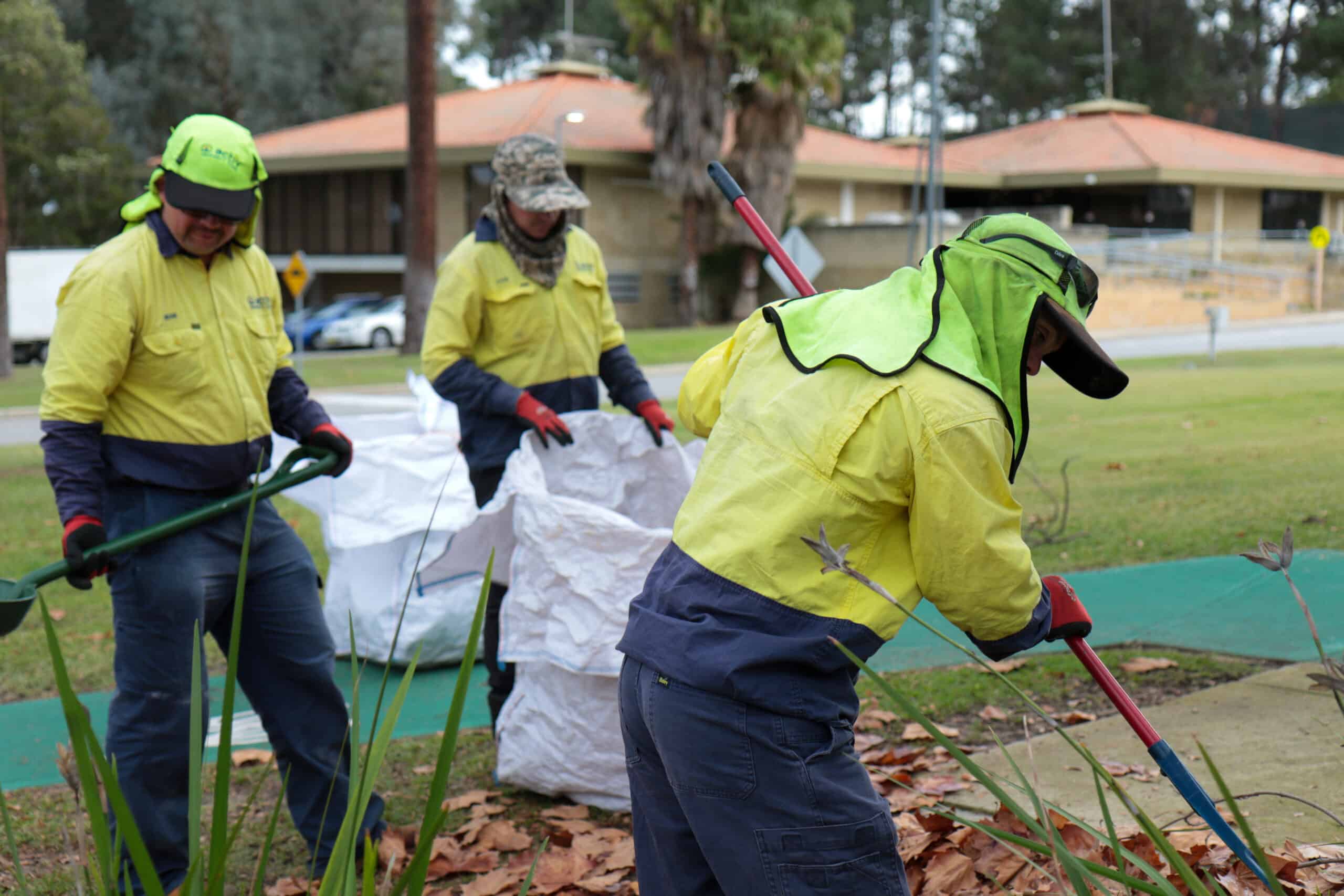The beauty of buying an ongoing concern is that it can take a lot of hard slog and risk out of the equation – theoretically, at least.
But there is a river of due diligence to swim through to ensure you are making a solid purchase. For starters – look at your own motivation. Most people go into business because they don’t want a boss.
In actual fact, the reason anyone should be in business is to make a financial return. It’s important to keep your eye on the bottom line and not get distracted by the bright lights of “potential” and “opportunity”. As the old saying goes, you may fall in love with the potential, but it’s the reality you have to wake up to each day.
What are the positives?
- You don’t have to take a punt on whether there is a market. It has been established with a track record of profit.
- You start with a positive cash flow. All the hard yards of establishment have been done, with plans and procedures in place to move forward.
- It comes with an established brand, customer base, goodwill, supply contracts, equipment and stock.
- Existing employees, should you keep them on, have knowledge and experience to ease the transition.
What are the pitfalls?
Of course, taking on someone else’s business can come with potential pitfalls such as:
- You can be going in blind as far as staff morale is concerned.
- Some equipment may be in need of expensive upgrades or replacement.
- It is likely to cost substantially more to buy an established, successful business.
- Existing clients may be attached to the previous owner and his/her methods.
- An underperforming business may seem like a ‘bargain’ but can suck substantial time and cash to turn things around. Reputations, too, are hard to rebuild,
- Industry volatility or emerging competitors can impact your business.
What to look for
Obviously, you will – and should – gravitate towards businesses that align with your knowledge and interests. And, while it sounds elementary, ensure the business hours and location will fit your lifestyle long term.
Once you have found a business that interests you, it’s time to turn conventional thinking on its head and compile a list of reasons NOT to buy.
Adopting this approach can help you retain your objectivity, and keep emotion out of the equation. A 2015 survey found a shocking 42 per cent of business owners had either never heard the term “due diligence” or did not know what it meant.
And, on average, they spent less than $3000 on professional legal or financial advice. Given that the average business costs $200,000 in Australia, this seems too small an investment in determining whether the purchase is sound.
You wouldn’t buy a secondhand car without a detailed inspection. Skimping on expert advice can cost you dearly in the long run. There are two basic questions to be answered during due diligence:
- Do the numbers stack up?
- Why are the current owners selling?
Getting thorough answers to both will give you a good picture of the business.









